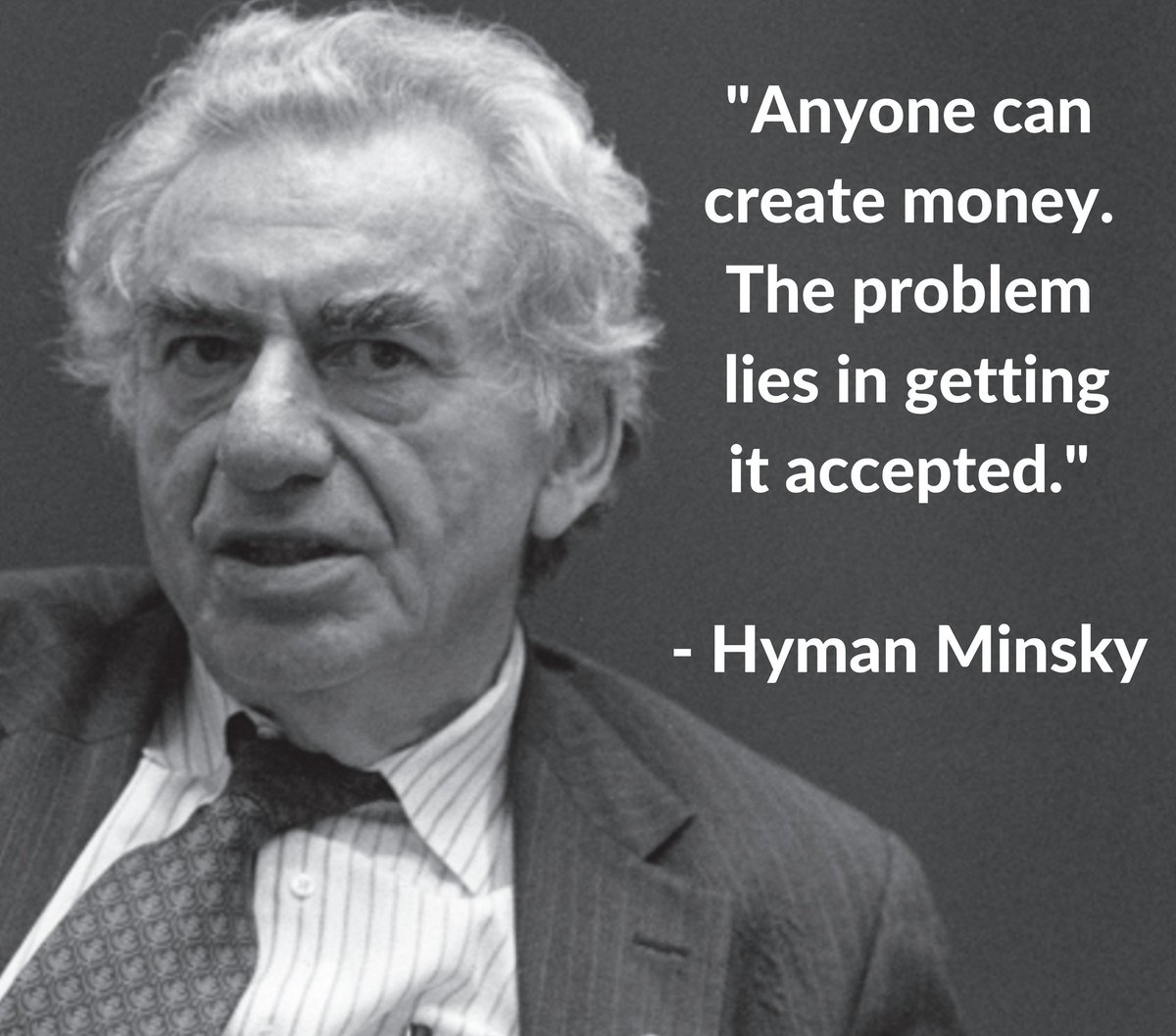
Citizens supporting full employment and price stability. Pushing back on deficit hysterians. Modern Money Theory (MMT). @OwlReserveArmy and @ModernMoneyMeme
4 subscribers
How to get URL link on X (Twitter) App










 @GISP_Tweets In this paper, I piece together the worldview held by top US Treasury officials during World War Two, and compare it to that espoused by MMT, to find many striking similarities. The paper looks at taxes, bond sales, interest rates, and national debt. (2) global-isp.org/working-paper-…
@GISP_Tweets In this paper, I piece together the worldview held by top US Treasury officials during World War Two, and compare it to that espoused by MMT, to find many striking similarities. The paper looks at taxes, bond sales, interest rates, and national debt. (2) global-isp.org/working-paper-…
https://twitter.com/deficitowls/status/1100317719587627008There will probably be one every few days on average (it’s random) to give you time to read them. While most of it will be accessible to all, a few of the links will require a journal subscription or library access. 🙁





 @Alantwatts23 The government does it through threat of force: you have to pay your taxes with government money, or else the gov will jail you. The banks largely do it through the carrot rather than the stick: they offer nice things like checking services, interest, convenience, etc. And the
@Alantwatts23 The government does it through threat of force: you have to pay your taxes with government money, or else the gov will jail you. The banks largely do it through the carrot rather than the stick: they offer nice things like checking services, interest, convenience, etc. And the